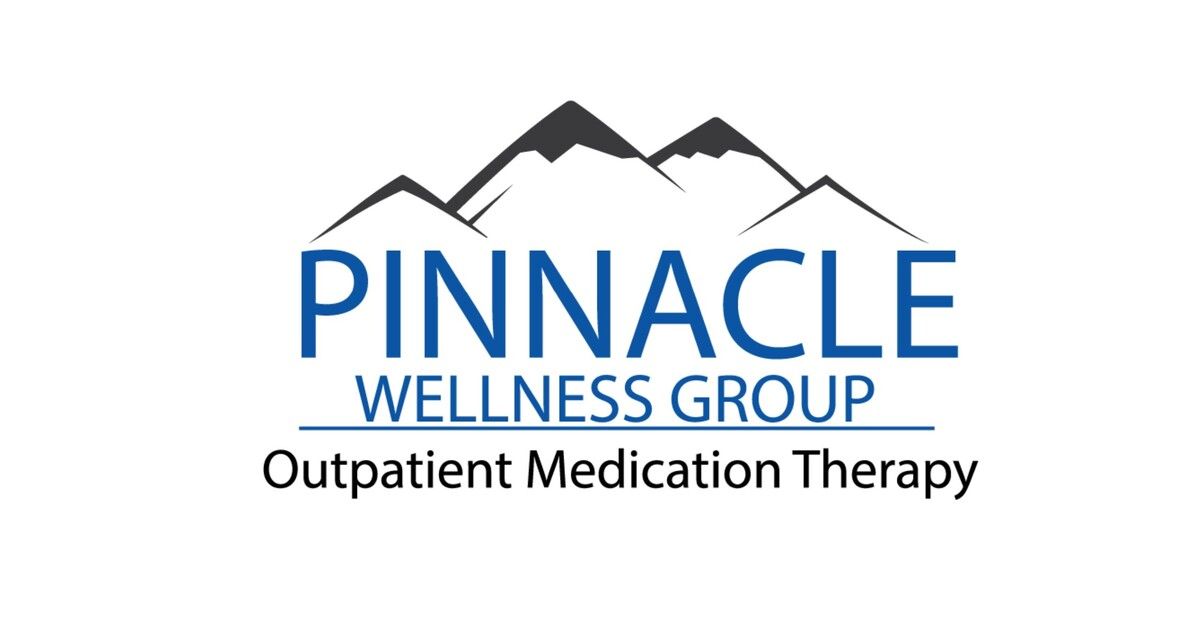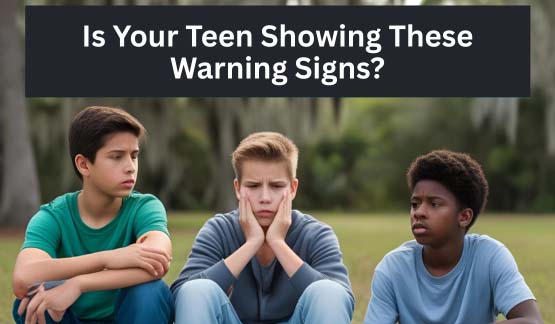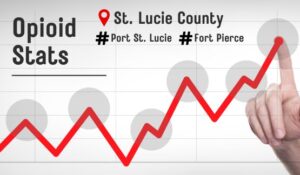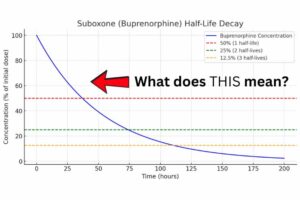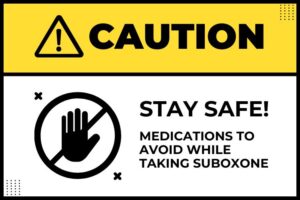In close-knit communities like Okeechobee, it’s easy to believe that if something were wrong, we’d notice right away. But when it comes to signs of addiction in youth, the early warning signs can be subtle—sometimes mistaken for “normal” teenage behavior or temporary mood swings.
The reality is that addiction often starts quietly, and without early intervention, it can quickly escalate. Families in Okeechobee need to know what to look for, how to respond, and where to turn for help.
Why Early Intervention Matters
Many young people who struggle with substance use also face underlying mental health challenges like anxiety, depression, or trauma. These issues often feed into each other—creating a dangerous cycle where untreated mental health problems increase the risk of substance use, and substance use worsens mental health.
That’s why recognizing the early signs of addiction is critical. Acting early can help prevent addiction from taking hold and connect young people with the support they need.
Common Signs of Addiction in Youth
While every child is different, some warning signs should raise concern. Knowing these indicators can help parents and caregivers spot a problem before it spirals:
- Withdrawing from friends, family, or activities they once enjoyed
- Sudden mood swings, irritability, or unexplained anger
- Declining grades, skipping school, or losing interest in academics
- Secretive behavior, lying, or unexplained need for money
- Physical signs like bloodshot eyes, frequent nosebleeds, tremors, or changes in sleep patterns
- Neglecting personal hygiene or appearance
- Increased risk-taking or reckless behavior
- Talking about hopelessness or showing signs of depression
If you’re seeing several of these addiction warning signs in a teen or young adult, trust your instincts. Early signs of addiction are often dismissed until more serious consequences appear—but intervention at the first signs can change the outcome.
How Families in Okeechobee Can Respond
Many parents feel unsure about how to approach their child or what steps to take. The most important thing is not to ignore the signs. Open communication and professional guidance can make all the difference.
At Pinnacle Wellness Group, we work closely with families in Okeechobee to provide compassionate, judgment-free care. Whether you’re noticing the early signs of addiction or need support for ongoing challenges, our team offers resources tailored to your family’s needs.
We provide:
✅ Mental health evaluations for youth and young adults
✅ Individual counseling and therapy
✅ Medication-assisted treatment when appropriate
✅ Flexible appointment times, including telehealth options
We understand that access to care can be a barrier in rural areas like Okeechobee. That’s why we work to make treatment as accessible and affordable as possible for local families.
Don’t Wait: Early Signs of Addiction Deserve Attention
If you’re worried about your child—or even have a gut feeling that “something isn’t right”—take that first step. Early intervention can open the door to healing, hope, and a healthier future.
Contact Pinnacle Wellness Group today to learn more about how we can help.
